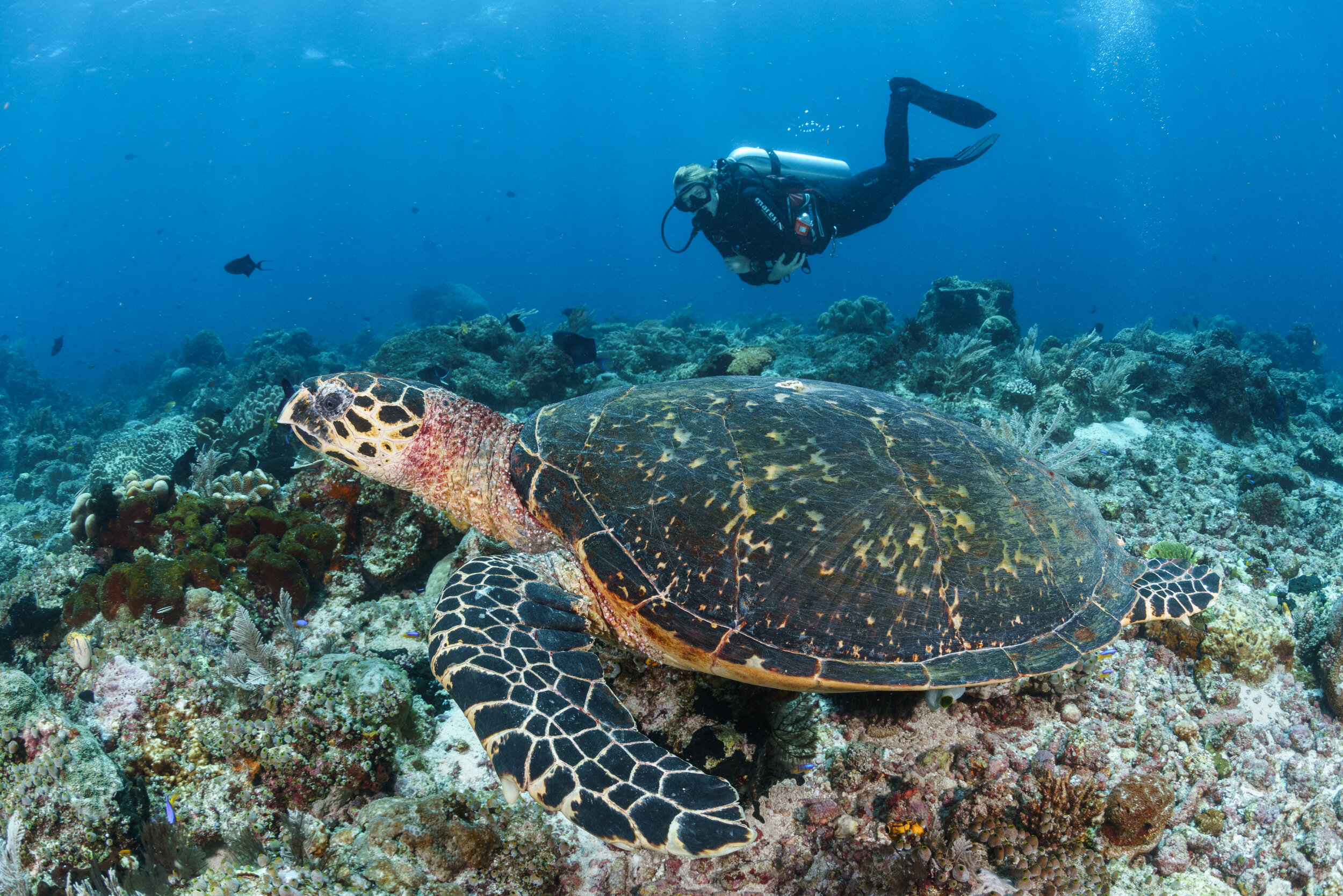Some Thoughts on Marine Wildlife Tourism
Ethical whale shark tourism at St Helena Island
I was recently invited to offer some opinions on ethical marine wildlife tourism for an article by Ali Wunderman for Condé Nast Traveler, ‘How to Responsibly Interact with Marine Life.’ I’ll post the actual (email) interview here for reference. I always prefer written interviews, as it’s easier to avoid swearing. #KiwiProblems
What is your background/experience with marine wildlife?
I'm a marine conservation biologist specialising in sharks and rays. My research has focused on whale sharks, the world's largest fish, since 2005. We've helped to develop ecotourism as a means of supporting research and conservation work on the species, so in recent years I've begun hosting trips for people to swim, dive, and learn more about whale sharks in the places we're doing conservation work.
Marine Megafauna's mission is for marine life and humans to thrive together - what does that look like?
Many of the world's most important conservation areas, and a high proportion of endangered ocean wildlife, are found in the developing world. Given the funding constraints these countries face, sustainable tourism can help support much-needed protection efforts, while creating good jobs too. Conservation efforts work best if the affected communities actively support and lead the work. Tourism can be a powerful way for people to benefit from safeguarding marine habitats, while creating more ocean advocates among the visitors as a great side benefit.
In what ways can tourism be detrimental to marine wildlife and ecosystems?
Tourism can affect marine wildlife by interrupting their natural behaviours, causing injury and stress, or by making them expend more energy to avoid people and boats when they're just trying to rest or feed. Mass tourism can also disrupt the local ecosystem, such as large numbers of boats causing lots of underwater noise.
How can tourism be helpful for marine wildlife?
The key question for me is always whether wildlife are receiving a tangible benefit from tourism activities. If the people running the tourism help with and invest in conservation programs and species protection, that's fantastic. If tourists have a great experience, and that changes their behaviours in an ocean-positive way going forward, that's good too. Really, though, I think ethical tourism needs to have a direct gain for the animals; not least because many popular species are threatened with extinction, or recovering from over-exploitation.
What are the most ethical ways for tourists to interact with marine megafauna like whale sharks and manta rays?
There are lots of places with well-managed tourism for whale sharks and manta rays. Look for the places where the wildlife are being observed without interfering with their natural behaviours, and where the operators are partnering in or leading their own conservation and research efforts. Tourism has been touted as a justification for protecting these species in multiple countries where they used to be killed, so it can absolutely work as a conservation tool. And it's an amazing experience too!
Simon.

